The Ministry of Foreign Affairs, Ministry of Finance, Ministry of Construction, Ministry of Home Affairs, and State Bank of Vietnam have increased the number of deputy ministers, of which the Ministry of Construction and the Ministry of Finance have increased the most with 9 deputy ministers.
On behalf of the National Assembly Standing Committee, National Assembly Chairman Tran Thanh Man has just signed and issued resolutions of the 15th National Assembly Standing Committee related to personnel work.
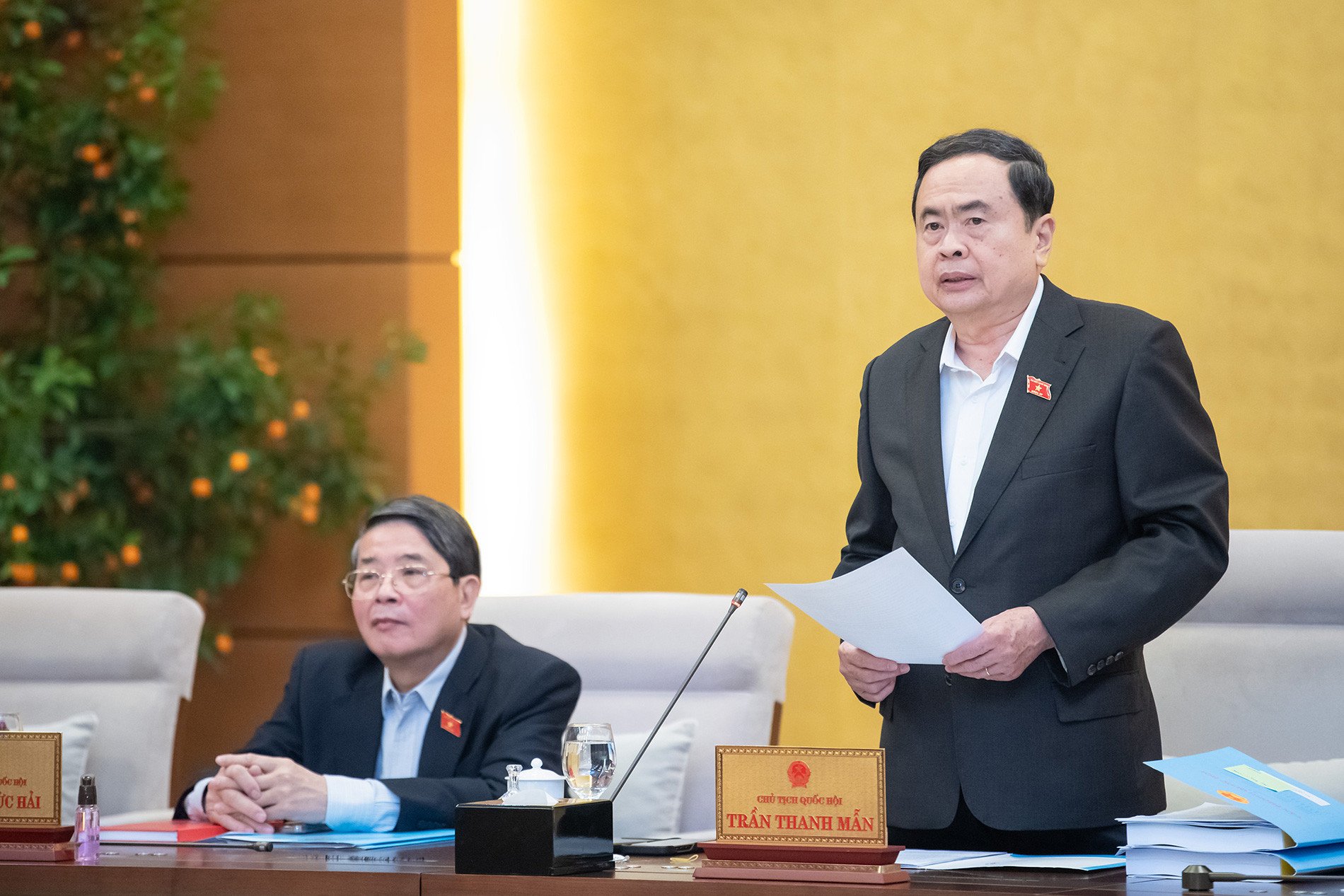
Accordingly, in Resolution No. 1402 of the National Assembly Standing Committee on increasing the number of deputy ministers and deputy heads of ministerial-level agencies, the National Assembly Standing Committee resolved: Increase the number of deputy ministers and deputy heads of ministerial-level agencies of ministries and ministerial-level agencies to meet the requirements of staff arrangement and assignment when implementing the arrangement and streamlining of the state apparatus.
Specifically, the Standing Committee of the National Assembly resolved to increase one more deputy minister so that the total number of deputy ministers of the Ministry of Foreign Affairs is no more than 7; increase four more deputy ministers so that the total number of deputy ministers of the Ministry of Finance is no more than 9; increase four more deputy ministers so that the total number of deputy ministers of the Ministry of Construction is no more than 9; increase two more deputy ministers so that the total number of deputy ministers of the Ministry of Home Affairs is no more than 7; increase one more deputy governor so that the total number of deputy governors of the State Bank of Vietnam is no more than 6. The Resolution takes effect from February 6, 2025.
In Resolution No. 1403 of the National Assembly Standing Committee approving the proposal of the Chief Justice of the Supreme People's Procuracy (SPP) on the working apparatus of the SPP.
The National Assembly Standing Committee resolved to approve the proposal of the Chief Justice of the Supreme People's Procuracy on the working apparatus of the Supreme People's Procuracy, consisting of 24 units.
Specifically, the Supreme People's Procuracy has a Procuracy Committee; Office; Department of Prosecution and Supervision of Security Case Investigation; Department of Prosecution and Supervision of Social Order Case Investigation; Department of Prosecution and Supervision of Economic and Corruption Case Investigation; Department of Prosecution and Supervision of Drug Case Investigation; Department of Prosecution and Supervision of Judicial Case Investigation; Department of Prosecution and Supervision of Criminal Trials.
In addition, the Supreme People's Procuracy also has: The Supreme People's Procuracy Investigation Agency; Department of Detention and Criminal Judgment Enforcement; Department of Civil Judgment Enforcement; Department of Administrative and Commercial Judgment Enforcement; Department of Civil Judgment Enforcement; Department of Judicial Complaints and Denunciations Settlement; Department of International Cooperation and Mutual Legal Assistance in Criminal Matters; Department of Legislation; Department of Organization and Personnel; Department of Crime Statistics and Digital Transformation; Department of Finance; Inspectorate; University of Procuracy (with a branch of the University of Procuracy in Ho Chi Minh City); Institute of Procuracy Science; Law Protection Newspaper; Central Military Procuracy.
This Resolution takes effect from the date of its adoption (February 7, 2025). Resolution No. 951/NQ-UBTVQH13 dated May 28, 2015 of the National Assembly Standing Committee approving the Decision of the Chief Prosecutor of the Supreme People's Procuracy on the working apparatus of the Supreme People's Procuracy ceases to be effective from the date this Resolution takes effect.
In addition, the National Assembly Standing Committee voted to pass two resolutions to implement the Law on Organization of People's Courts in 2024.
Specifically, Resolution No. 66/2025 of the National Assembly Standing Committee amends and supplements a number of contents on the approval of salary tables for positions and allowances for positions for State leaders; salary tables for professional and technical work in the court and prosecution sectors. Resolution No. 67/2025 of the National Assembly Standing Committee stipulates the ranks, conditions of each rank, the promotion of ranks and the number and proportion of judges of the People's Court.
According to Article 38 of the 2015 Law on Government Organization, the number of deputy ministers and deputy heads of ministerial-level agencies shall not exceed 5. The Ministry of National Defense, the Ministry of Public Security, and the Ministry of Foreign Affairs shall not exceed 6.
In case of merger of ministries, ministerial-level agencies or request for transfer or rotation of officials by competent agencies, the Prime Minister shall submit to the National Assembly Standing Committee for consideration and decision.
According to Article 21 of the revised Law on Government Organization that is being considered and prepared for approval by the National Assembly: “The number of deputy ministers and deputy heads of ministerial-level agencies shall not exceed 5; the Ministry of National Defense, the Ministry of Public Security, and the Ministry of Foreign Affairs shall not exceed 6, except in cases where there is a request to mobilize or rotate cadres by competent authorities.”
According to the direction agreed upon by the Central Committee, in the process of arranging and streamlining the organizational apparatus, the deputy heads of ministries, branches, and units implementing mergers and consolidations, the collective leadership decides to arrange them as deputy heads of the new units after the arrangement or to arrange them to other agencies according to the requirements of the tasks and capacity of the staff.
In the immediate future, after the arrangement, the number of deputies is allowed to be higher than the regulations and ministries and branches must develop a plan to arrange and reduce the number of deputies in accordance with general regulations within 5 years.

Prime Minister: Abolish district-level police, most personnel go to communes, some go to provinces
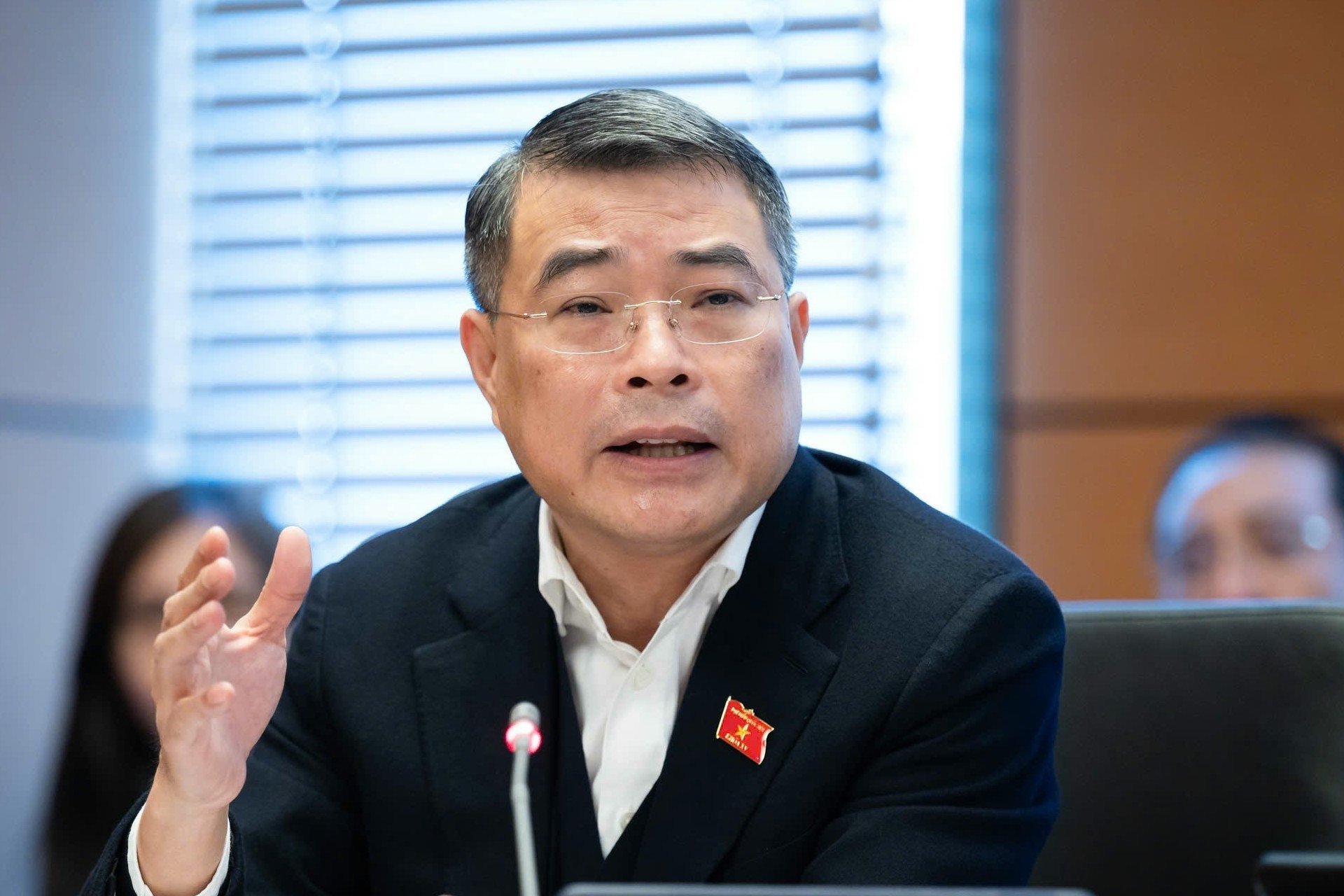
Head of the Central Organizing Committee: After abolishing the district-level police, the apparatus of the People's Procuracy and People's Court will be calculated.
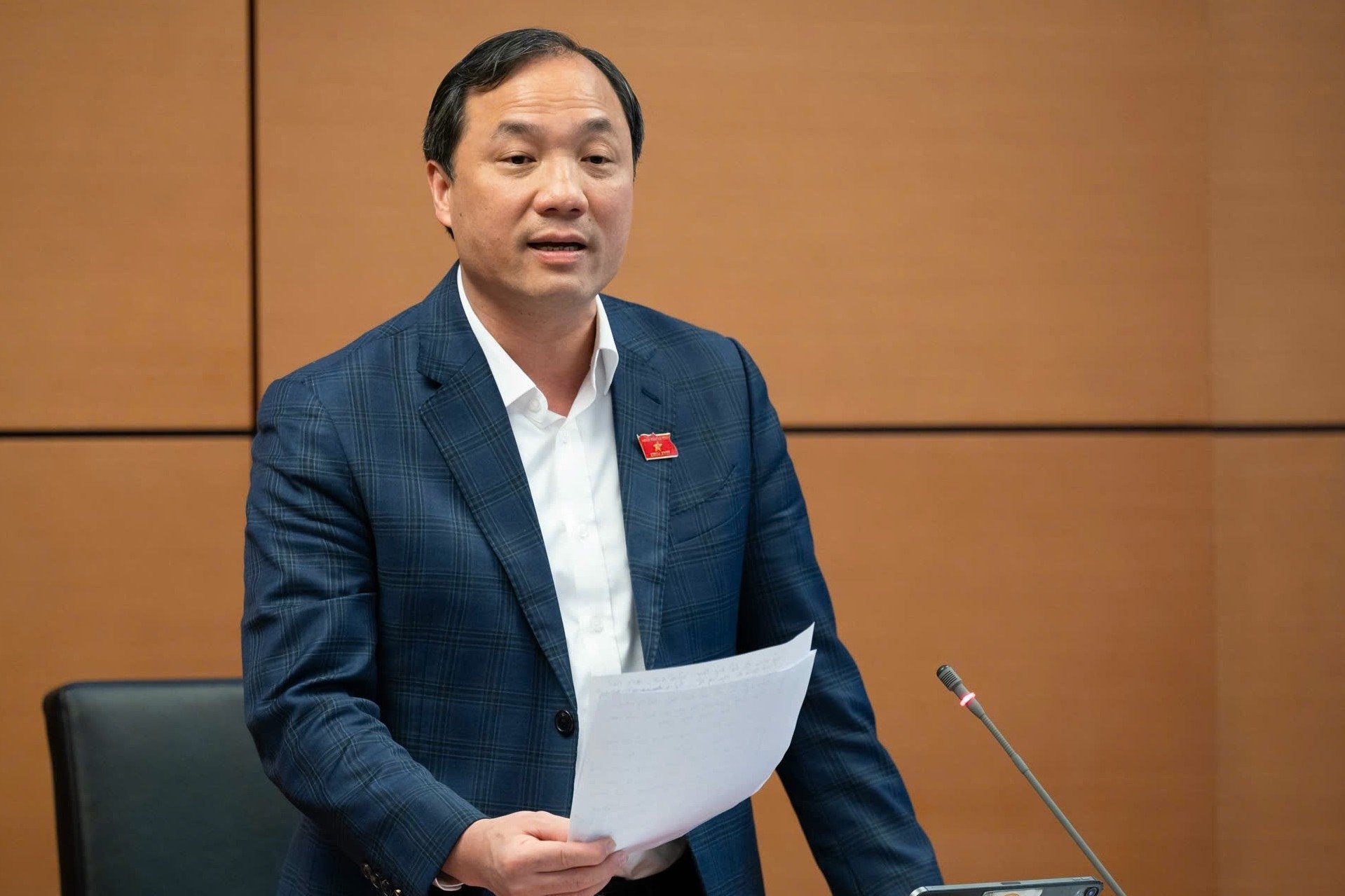
Same early retirement age but one side gets more money than the other
Source: https://vietnamnet.vn/5-bo-nganh-duoc-tang-so-luong-thu-truong-2-bo-co-9-thu-truong-2371511.html






























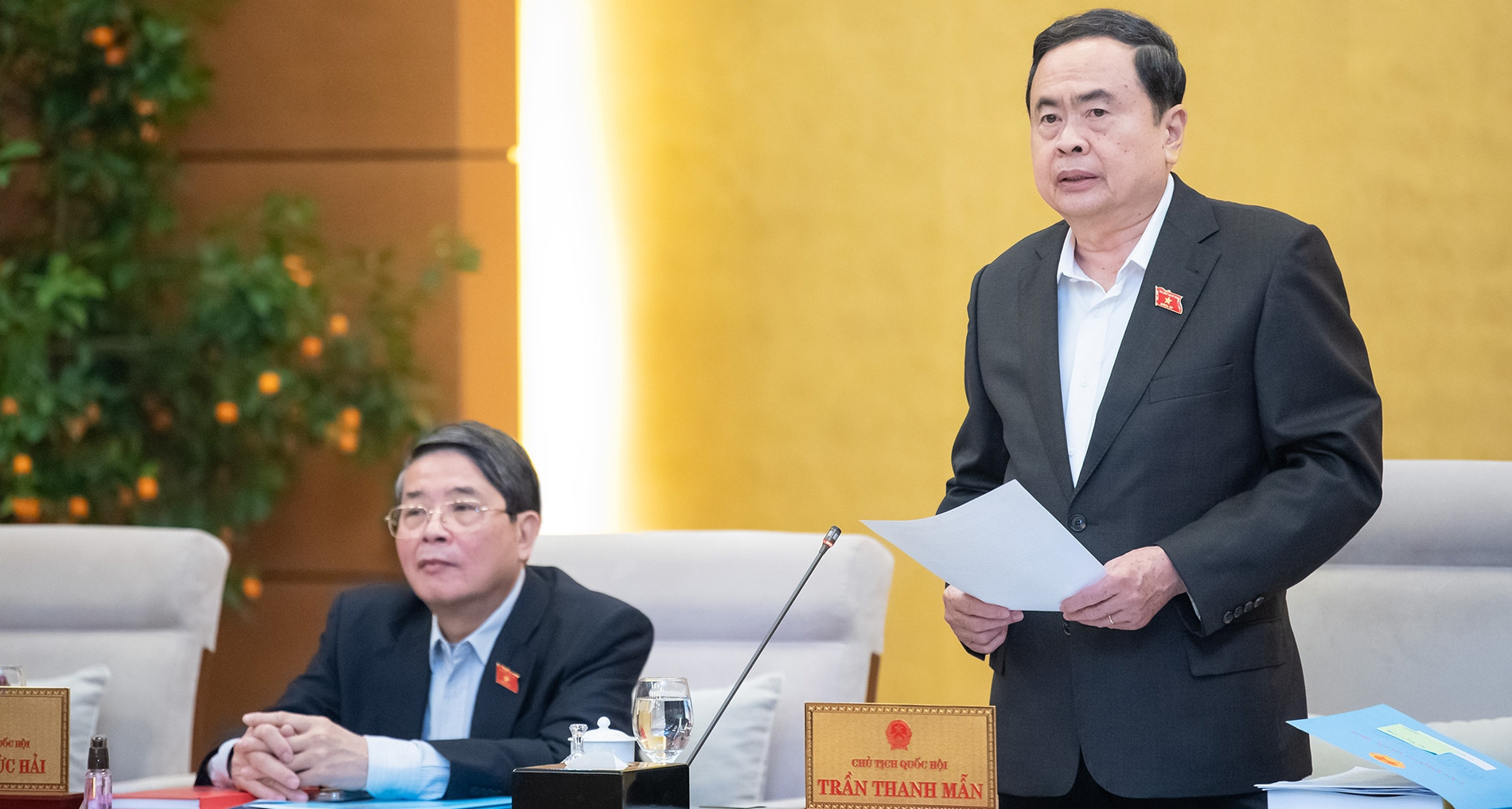
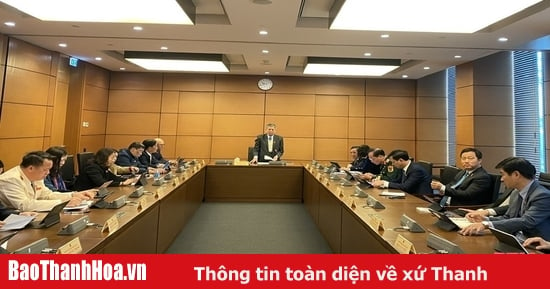
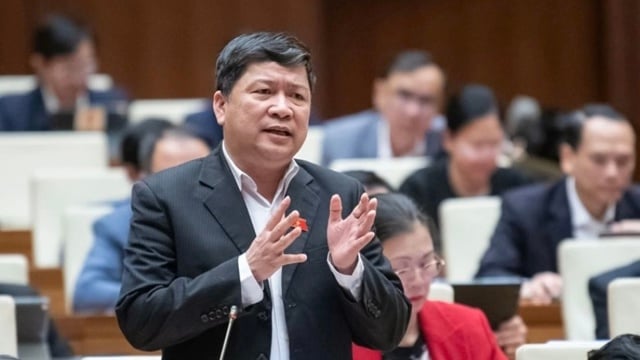

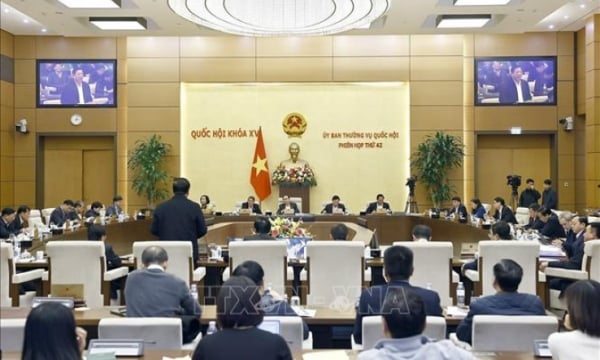
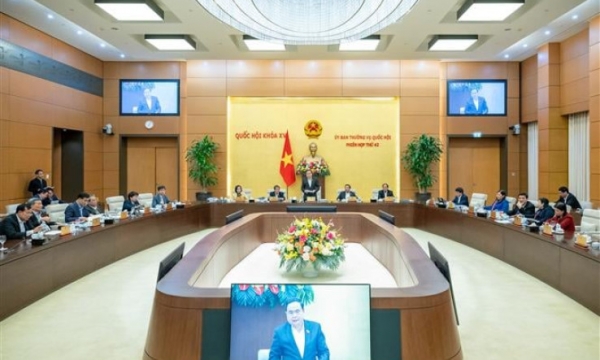

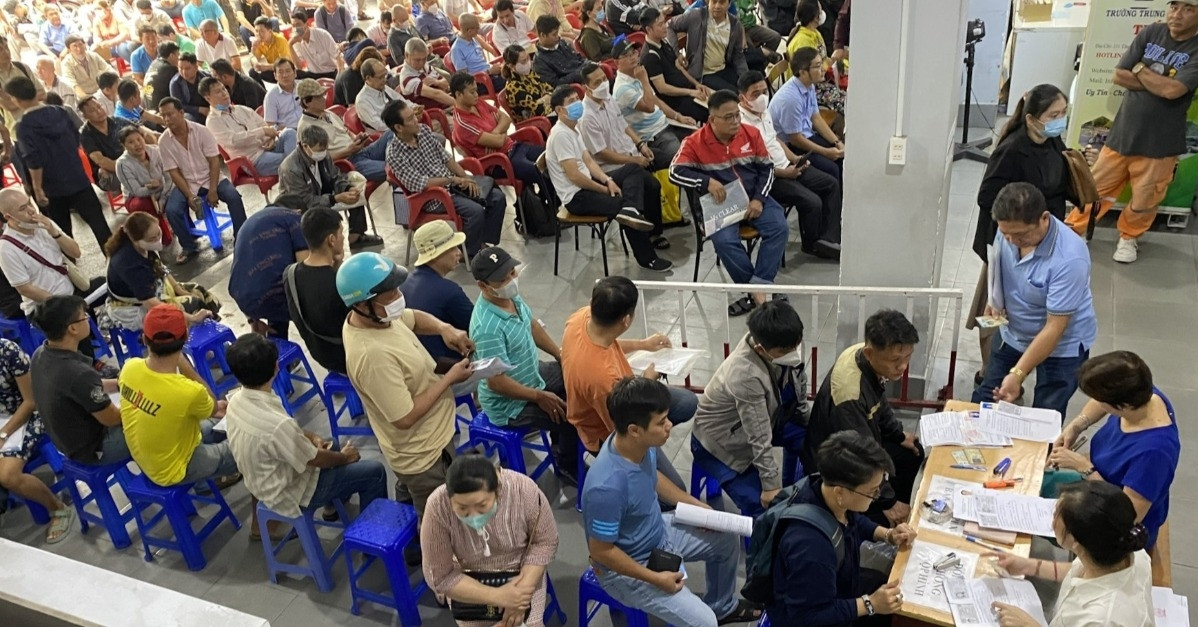
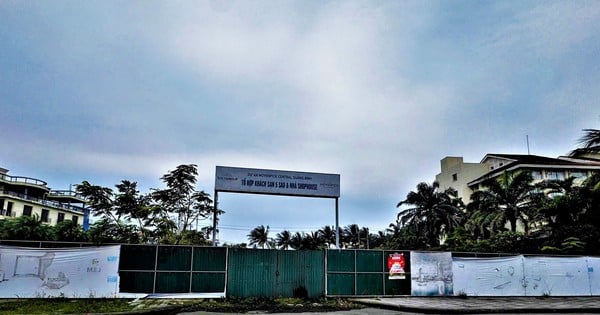

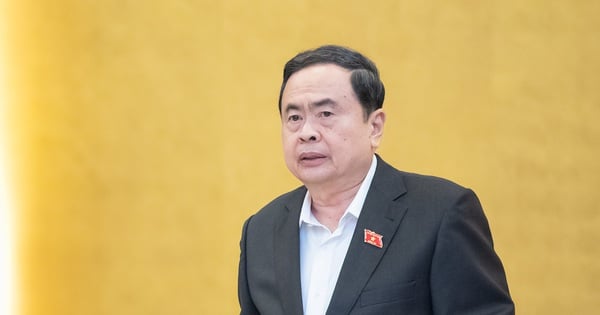





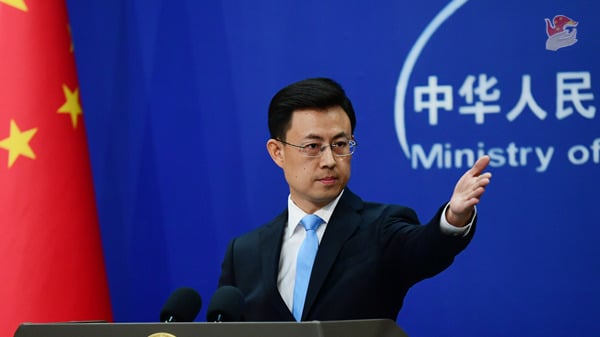



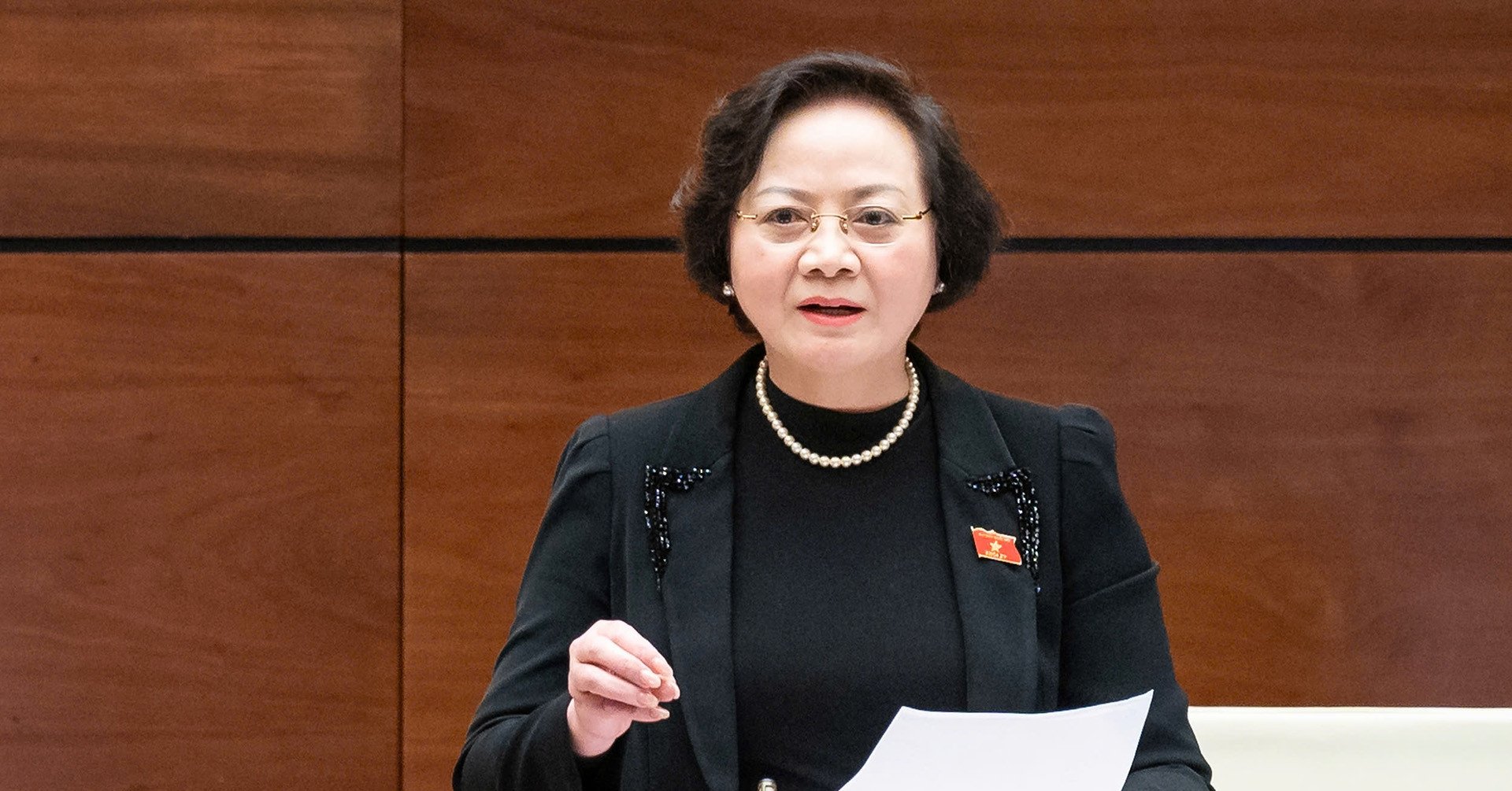



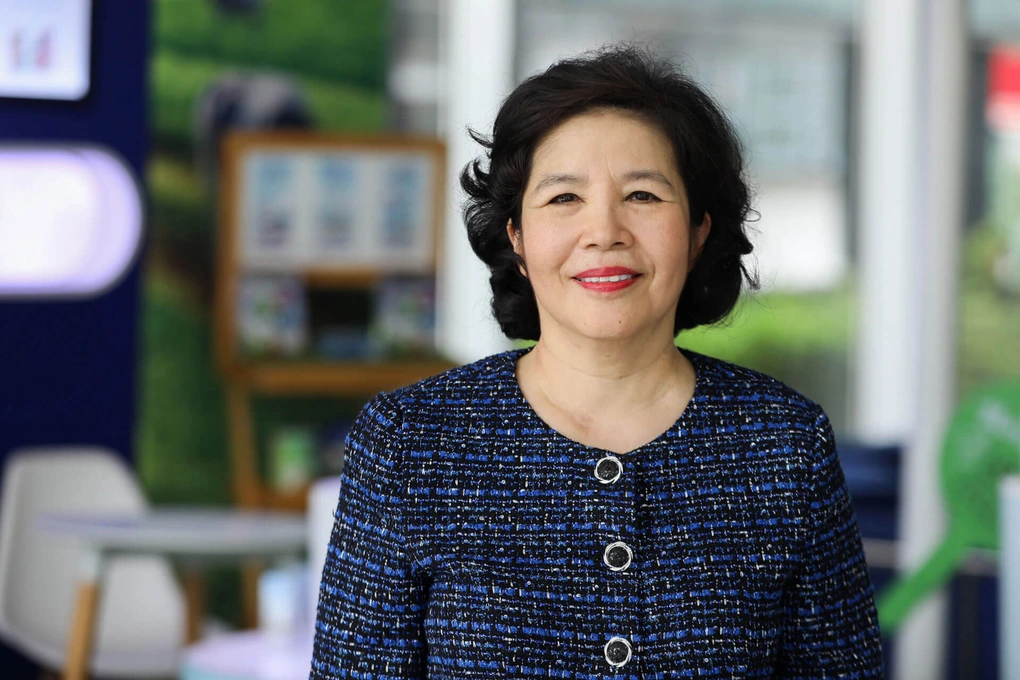


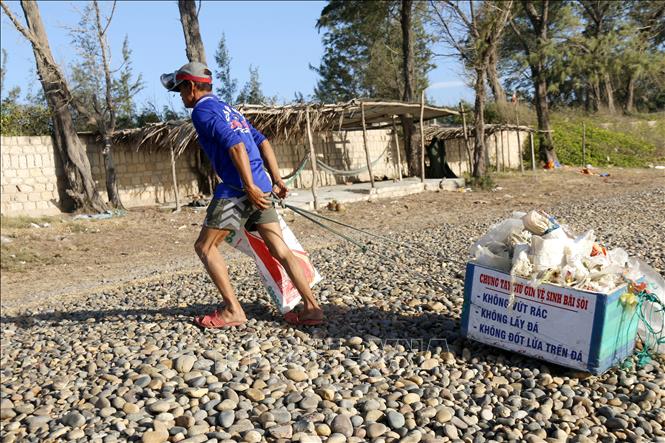


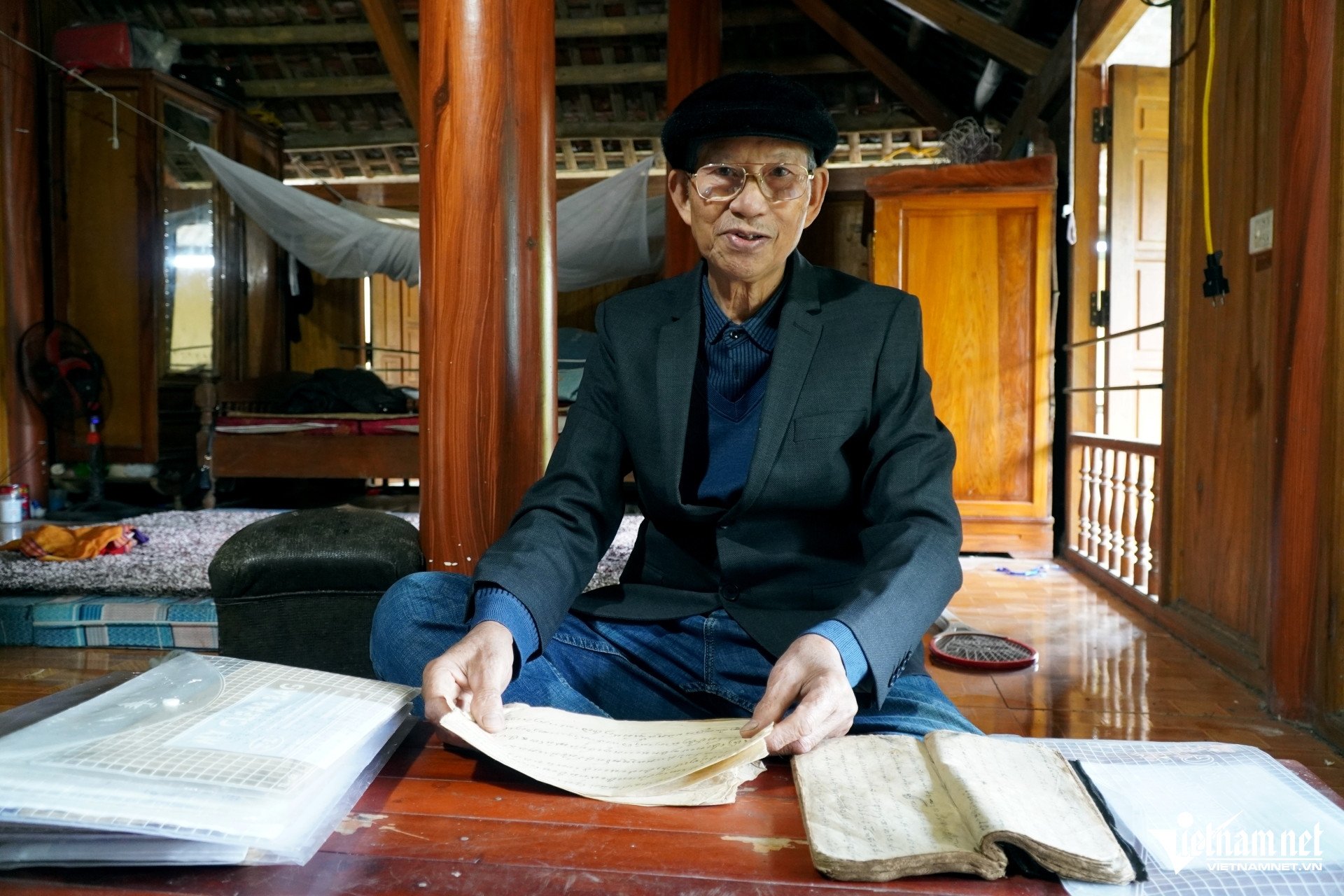



Comment (0)